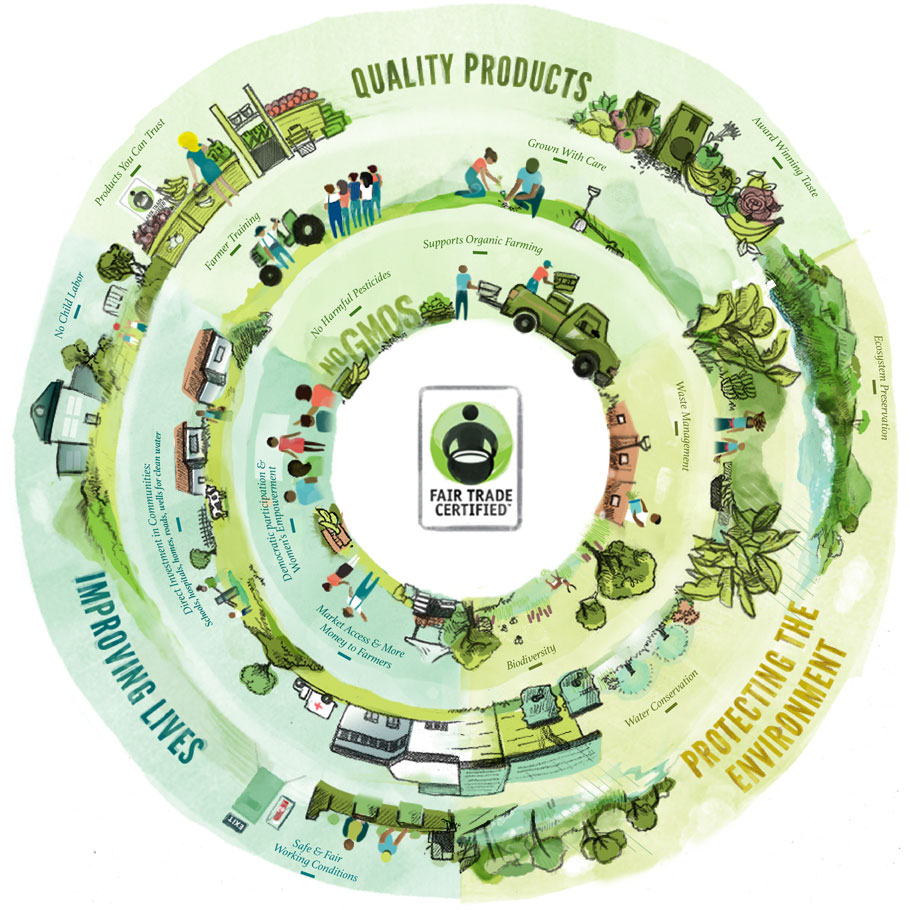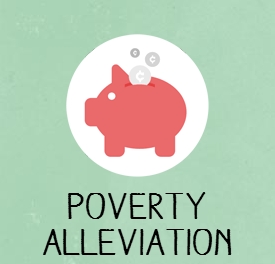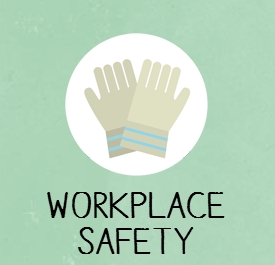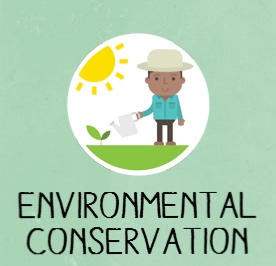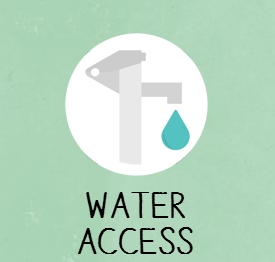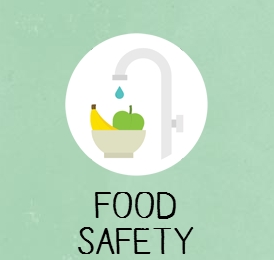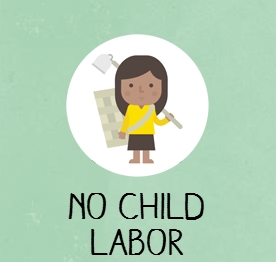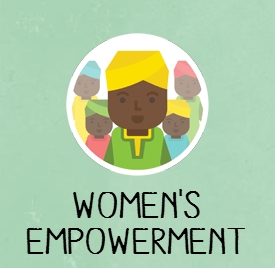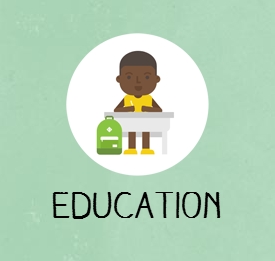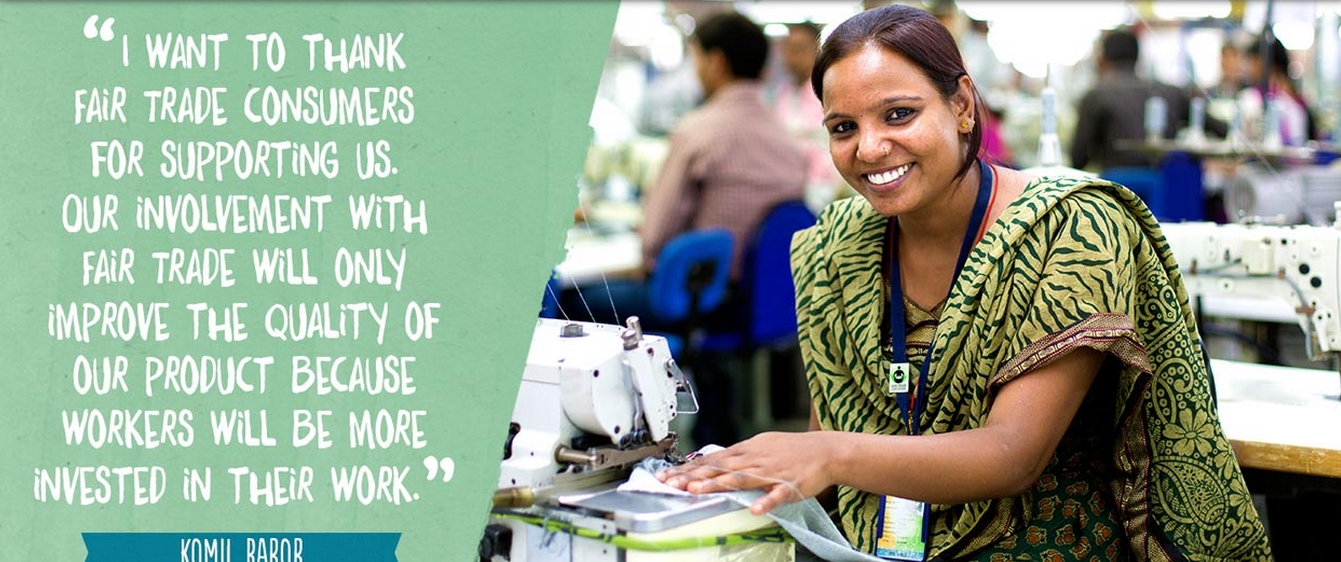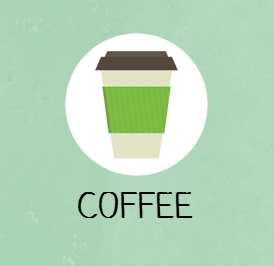It turns out, good practices and good products go hand in hand. A growing number of farmers, factories, businesses, and consumers are seeing how investing in people best secures the future of the products (and planet) we love. By purchasing Fair Trade, you join a virtuous circle that improves lives, protects the environment, and produces high-quality products for you and your family to enjoy.
Buying Fair Trade ensures that you’re getting quality products and the people who grow, sew and craft them get a fair deal for their hard work. In fact, your everyday purchases can help farmers and factory workers in 70 countries work in safe conditions, earn extra money to invest in their communities and improve the lives of their families.
These additional funds are called Community Development Premiums, which are invested in much needed projects like schools, wells, and roads. Fair Trade also helps protect the environment through sustainable farming practices and by restricting GMOs and harmful pesticides. Child labor is also strictly prohibited, helping kids stay in school and build bright futures.
Look for the Fair Trade Certified™ label on thousands of products—from coffee and chocolate to apparel and home goods— in stores where you regularly shop.
Billions of small-scale farmers in the developing world live on less than $2/day. They struggle to feed their families, send their kids to school and keep their land. Fair Trade gives farmers support and resources to lift themselves out of poverty and invest in their communities.
The collapse of an eight-story garment factory in Bangladesh in 2013 killed over 1,100 workers. Fair Trade Certified factories must adhere to internationally-recognized labor standards and safety regulations that provide safe working conditions and give workers a voice.
Farmers who struggle to make a living are often forced to engage in farming practices that compromise local ecosystems. In contrast, Fair Trade farmers adhere to strict environmental standards, and higher prices enable them to invest in sustainability and help preserve the land for generations to come.
An estimated 200 million hours are spent each day globally collecting water. In response, many Fair Trade Certified farms and factories use their community development premiums to build wells and aqueducts and bring clean water to their villages for the first time.
Every year, about 128,000 Americans are hospitalized due to food-borne diseases. Fair Trade Certified farms are prohibited from using the most toxic agrochemicals and often use premiums to improve wastewater disposal and train workers on safe food production that ultimately improves the quality of their goods.
Globally, almost 100 million children aged 5-17 work in agriculture. Fair Trade prohibits child labor, and farms often invest their Fair Trade premiums to keep children out of the fields and in school.
While women do much of the work on small farms, large estates and in factories, they often face discrimination and harassment. Fair Trade combats these issues and empowers women through opportunities for education, leadership roles and equal representation on workers' committees.
There are 123 million illiterate youth worldwide--11% of the total youth population. Many Fair Trade Certified farms and factories use their community development premiums to build schools, purchase school supplies and fund scholarship programs that benefit young students.
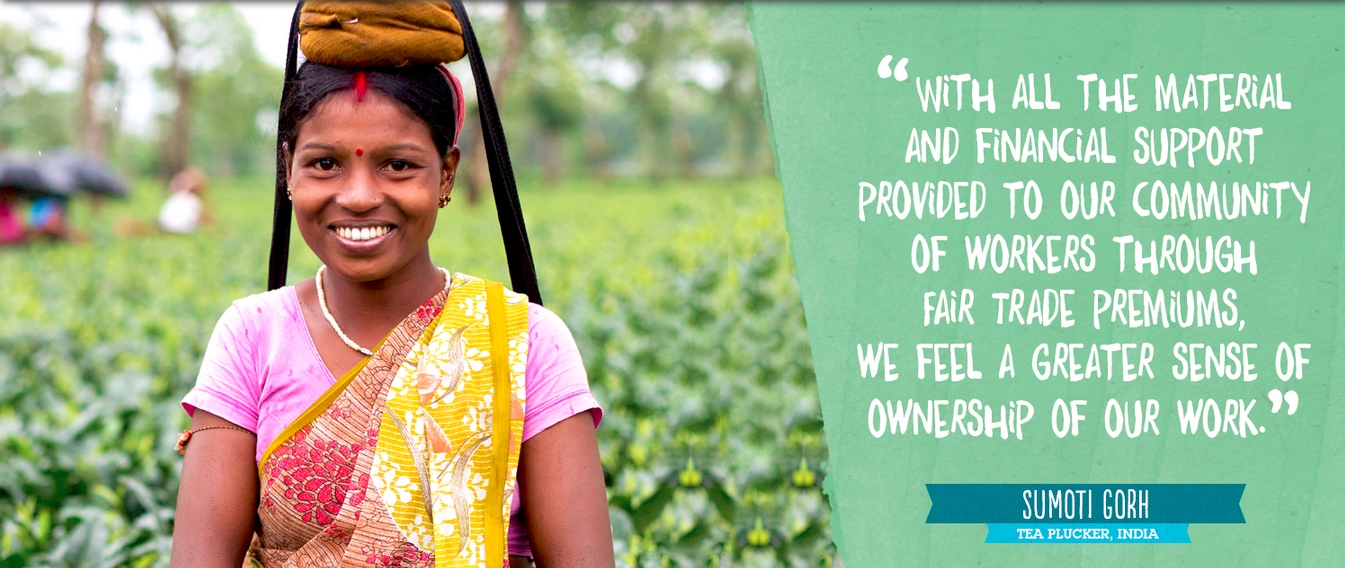
Look for the labe
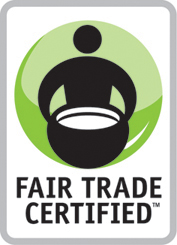
Fair Trade is a market-based approach to fighting poverty. That means that it only works when you actually buy the stuff. So please hold up your end of the bargain and look for the Fair Trade Certified label every time you shop.
As the saying goes: Think globally, act locally. Fair Trade Campaigns is a powerful grassroots movement focused on growing awareness, availability, and commitment to Fair Trade to improve impoverished communities around the world.

